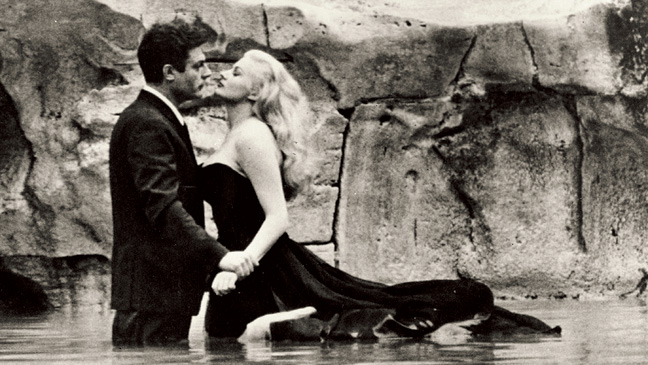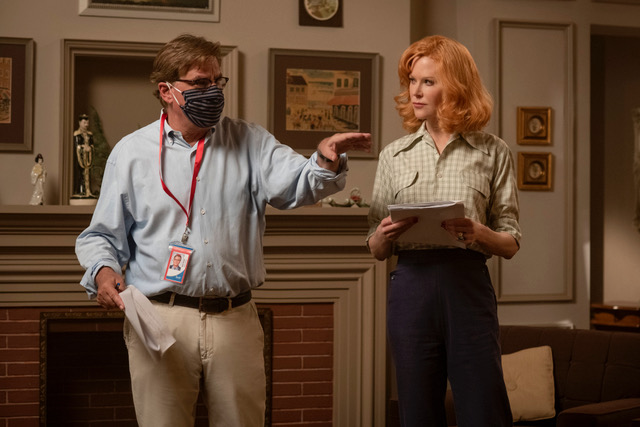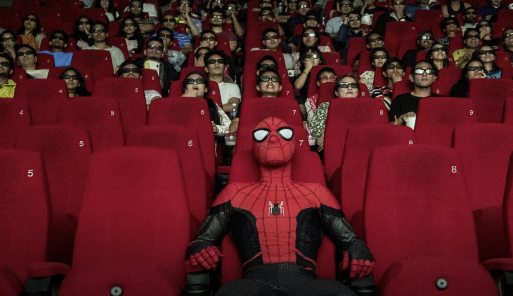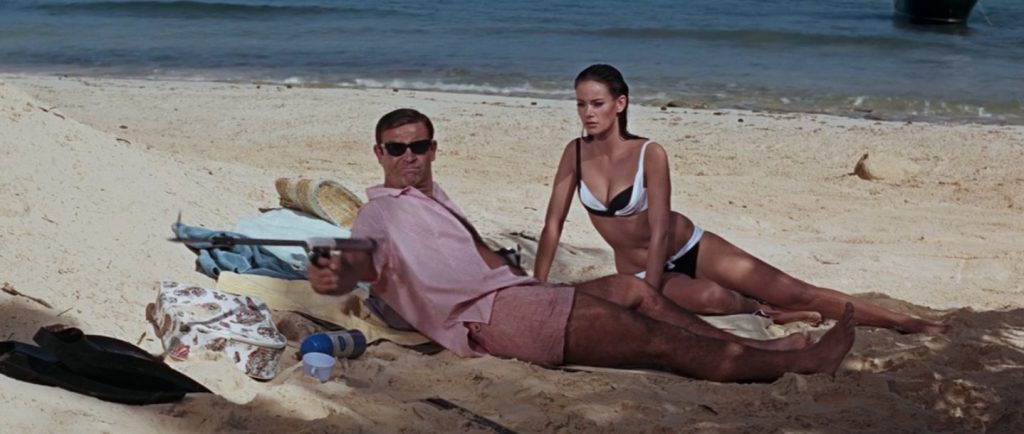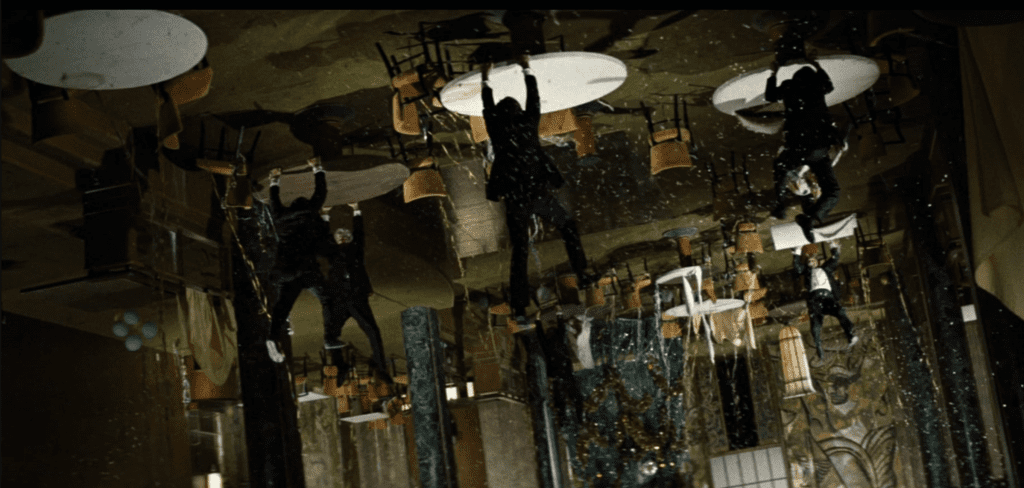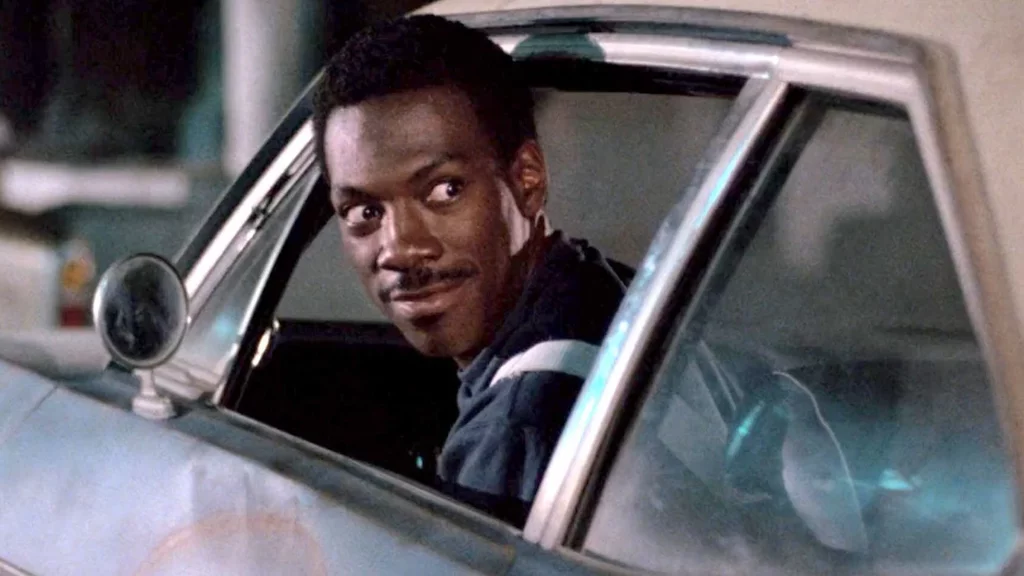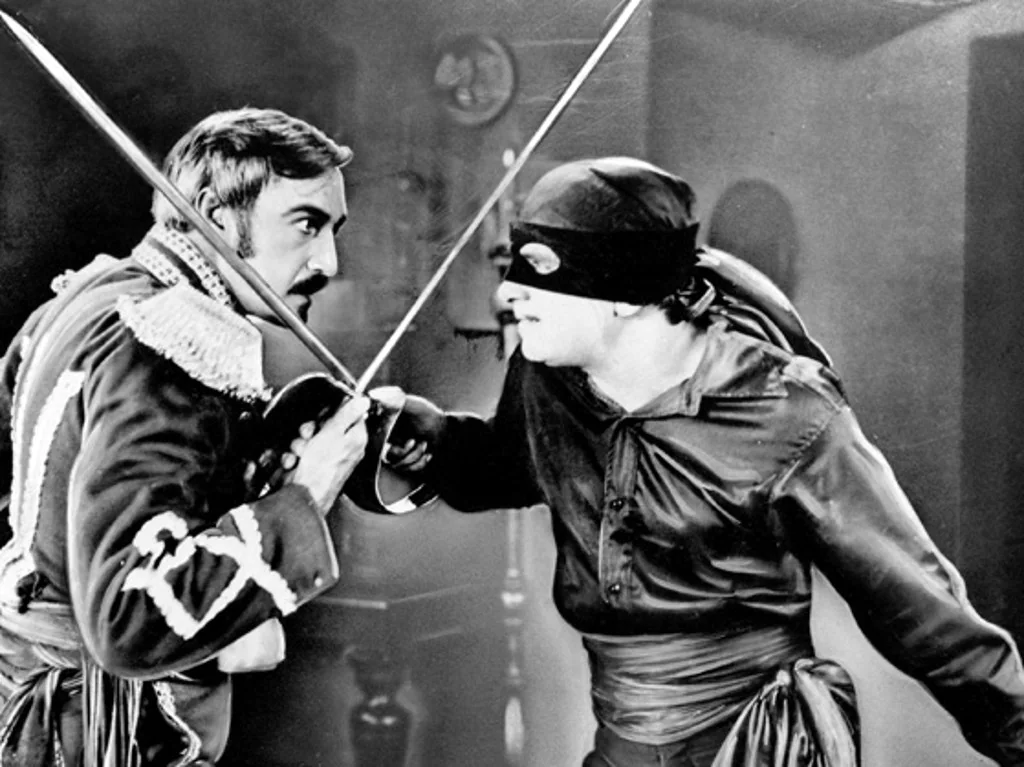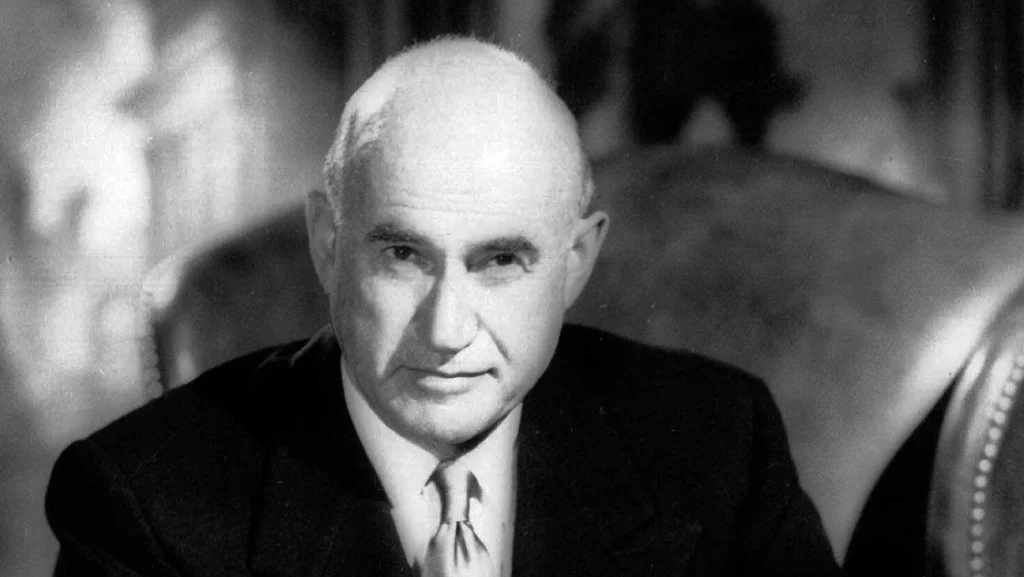Federico Fellini’s classic LA DOLCE VITA, which premiered in Rome on Feb. 3, 1960, put Marcello Mastroianni on the road to international stardom. Still, if Dino De Laurentiis had had his way, Paul Newman would have played the gossip columnist prowling the Via Veneto.
De Laurentiis, who produced Fellini’s LA STRADA (1953) and NIGHTS OF CABIRIA (1956), fell out with Fellini for overcasting the role of journalist Marcello Rubini. De Laurentiis thought Mastroianni was more a family man than a ladies’ man. Fellini felt Newman was wrong for the part. Then De Laurentiis proposed Gérard Philipe, who’d just starred in the French hit LES LIAISONS DANGEREUSES (1959). Fellini disagreed, and De Laurentiis moved on.
Fellini had thought Silvana Mangano would be perfect as Maddalena, the film’s beautiful, excitement-seeking heiress. De Laurentiis had been married to Mangano since 1949 and they had four children (including film producer Raffaella De Laurentiis). They divorced in 1988. Mangano, who starred in the BITTER RICE (1946), was reportedly romantically involved with Mastroianni early in her career before marrying De Laurentiis. As Maddalena, Fellini cast Anouk Aimée, who also starred in his next film, 8 1/2 (1963), and was the best actress Oscar nominee in 1967 for Claude Lelouch’s classic romantic drama A MAN AND A WOMAN.
Fellini made the right casting decisions. His critically acclaimed drama won 1960 the Palme d’Or at Cannes and Italy’s Donatello Award for directing. DOLCE received four Oscar nominations — for directing, original screenplay, art direction, and a win for costume design/black & white — but, amazingly, no best picture nom.
 Filming began in Italy on Mar. 16, 1959, for about five months. One of DOLCE’s most famous scenes takes place at night at the Trevi Fountain. It was shot during a very cold week in March when, according to Fellini, Anita Ekberg, playing a Hollywood star visiting Rome, stood for hours in the Fountain’s icy water wearing an evening gown. Mastroianni wore a wetsuit under his clothing and was so cold he’s said to have downed a bottle of vodka to get through the scene.
Filming began in Italy on Mar. 16, 1959, for about five months. One of DOLCE’s most famous scenes takes place at night at the Trevi Fountain. It was shot during a very cold week in March when, according to Fellini, Anita Ekberg, playing a Hollywood star visiting Rome, stood for hours in the Fountain’s icy water wearing an evening gown. Mastroianni wore a wetsuit under his clothing and was so cold he’s said to have downed a bottle of vodka to get through the scene.
Besides being remembered as a movie masterpiece, DOLCE has another claim to fame for inspiring the word “paparazzi.” The term comes from Rubini’s photographer sidekick Paparazzo, who co-screenwriter Ennio Flaiano named after the character Signor Paparazzo in a long-forgotten 1901 novel “By the Ionian Sea.”
“You are everything… everything! You are the first woman on the first day of creation. You are mother, sister, lover, friend, angel, devil, earth, home..” – Marcello Rubini (Mastroianni) to Sylvia (Ekberg)

